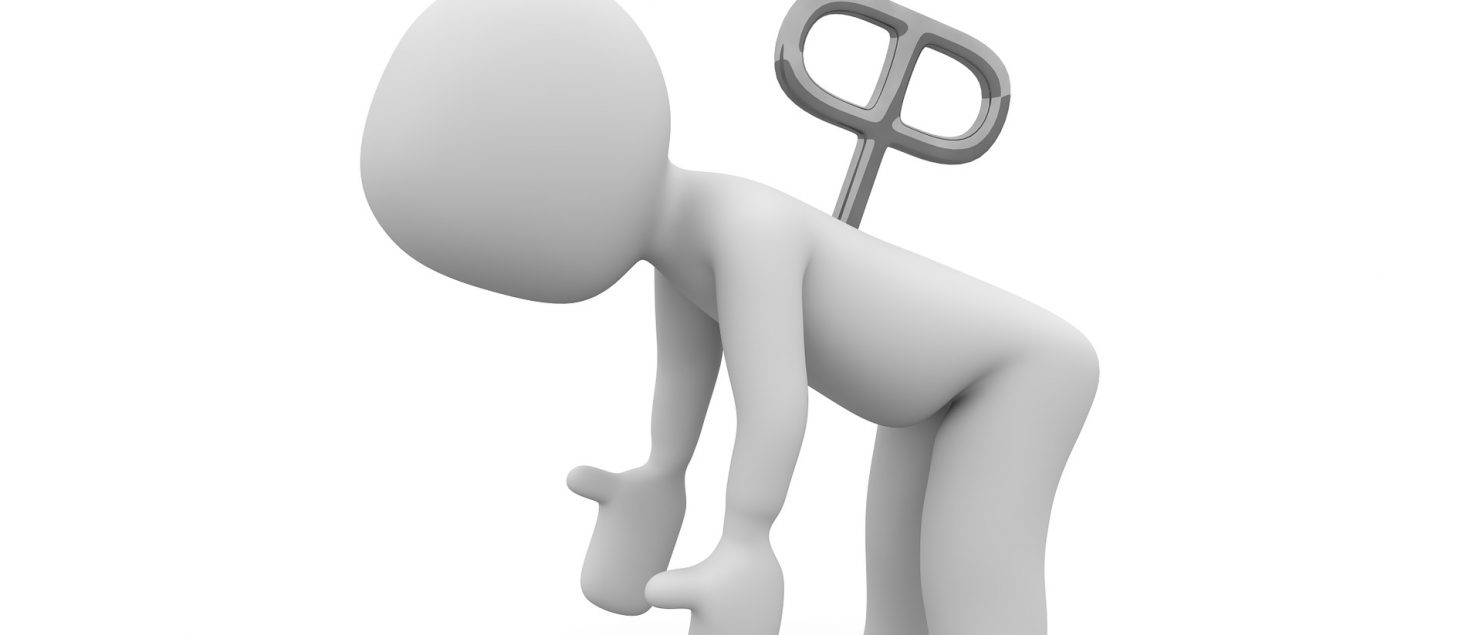Why don’t the robots like us?
In December last year (2018) I was invited to speak at a conference discussing policy approaches to the 4th industrial revolution (http://www.hsrc.ac.za/en/events/events/4-i-r). The purpose was to inform government about what impact Artificial Intelligence (AI) and related technologies are going to have on South Africa and how to avoid the bad and encourage the good.
We were providing the perspective of a typical software company getting to grips with how AI is changing the software we offer. It was gratifying to see that, based on the inputs from the European and South African guest speakers, we aren’t behind in our knowledge of the state of the technology.
Much was said, more than can fit into a single article, but notably one thing lacking is that there probably wasn’t enough spoken about how economies are likely to fundamentally change as jobs disappear. Presumably this is because there’s still a broad belief that this revolution is like previous ones where machines replaced jobs but also produced new ones.
Personally I think the 4th wave will be different, in that the new jobs won’t be generic or menial in any way. Those sorts of jobs will be completely replaced by walking, driving and talking robots that are more intelligent than us.
Rather the jobs will be specifically human-centric. So they will be about uniquely human creativity, desires and needs. And not because machines won’t be capable of such output, but because meaning comes from the uniqueness of individuals and if humans want to exist on the planet we’ll have to force a uniquely human meaning into the world.
This is going to be a moment where we as a population see ourselves in the mirror and realise that the labour, sweat and indentured employment that we think measures our success is so easily replicated by machines that it becomes worthless. And we will be confronted by the question of what value we have in existing at all.
There’s no specific meta answer that is completely satisfying to that, except that it feels like we have value by being conscious. I know of no way to stop falling into that rabbit hole, but if we side-step it and assume we have value simply by being alive (which is what our constitution says), then our new economy is going to have to guarantee that without the regular sort of jobs we’re used to.
Maybe this is the opportunity civilisation has been waiting for, where the utopia arrives that says ‘whatever we feel like doing’ is the thing we should do and what we get rewarded for.
I think we do have an opportunity now to engage with ourselves, technology and the economy at a structural level, and if we do, it could be the biggest change our human society might have ever ventured.

